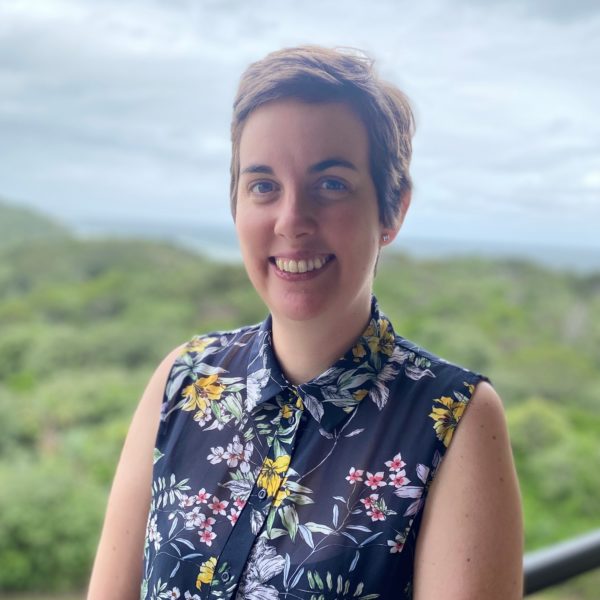Research and Teaching in the context of the findings of the Judicial Inquiry into Allegations of State Capture
The democratic state is underpinned by two inter-related dimensions of a social contract: the contract between citizens, and the contract between citizens and their state as the body that they authorize to enact their social contract. With this foundation in mind, state capture, understood as private interests taking partial or full control of that state, poses a severe threat not just to the functioning of our governance structures but to the core foundations of the democratic regime. State capture has significantly weakened the state’s ability to govern – most notably though the weakening of state capacity and institutional breakdown of state-owned enterprises, but also, importantly through undermining citizens’ trust in the state and its democratic institutions.
State capture raises then a number of inter-related research questions: from key questions of systems, management, and governance, to normative questions at the heart of democracy. It prompts reflection not just on the duties and roles of the state, but of those of its democratic citizens too. We might consider, for example, to what extent citizens have a collective democratic responsibility to hold their state accountable under such conditions, and, what the normative implications are in cases where such responsibility is no longer normatively appropriate yet state agency remains powerful both domestically and internationally. Along a similar vein, conceptual questions arise around issues of definition and measurement of state capture, particularly in a democratic state: what does it mean to call a state both democratic and captured?
Research and innovation into corruption and state and civil society responses to corruption is long established in South Africa across different spheres, from academia to civil society to projects within the state itself. The detailed report following the Judicial Inquiry into Allegations of State Capture provides extensive new data and new opportunity for research that builds from this existing ethics and corruption literature and speaks to the particular experience of the so-called ‘state capture years’. The judicial inquiry report provides not only detailed narratives of the coordinated networks of improper enrichment, but offers conceptual insights into the term ‘state capture’ and varied agencies within a captured state, and recommendations on the way forward. The report thus provides a new impetus and new shared basis of information from which researchers can build, contest, and depart.
Much of the research that has been conceptualized from within or in response to the commission report is still in progress and not yet publicly available. This workshop aims to open space to present work in progress on all aspects of Public Ethics in the current South African context. In doing so the aim is twofold: first, to contribute towards building interdisciplinary networks, connections, and communities of practice to more effectively respond to the current crisis of public ethics; and second, to use this research basis to better support and inform teaching and learning in this critical area of applied ethics.

